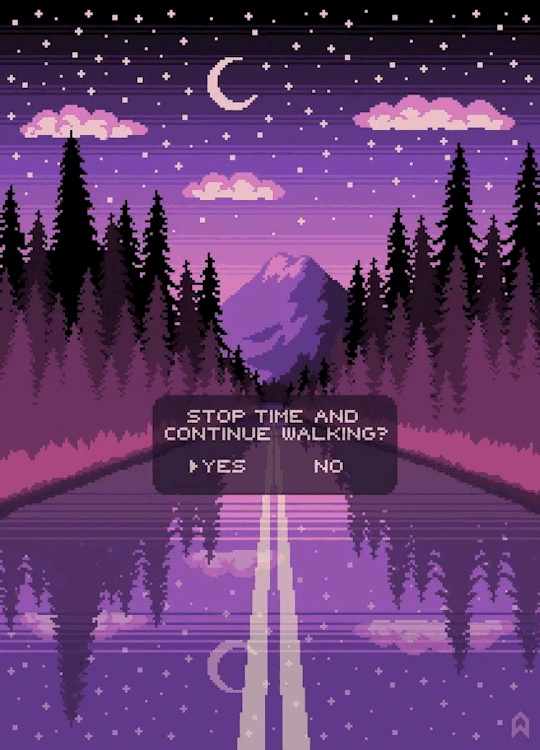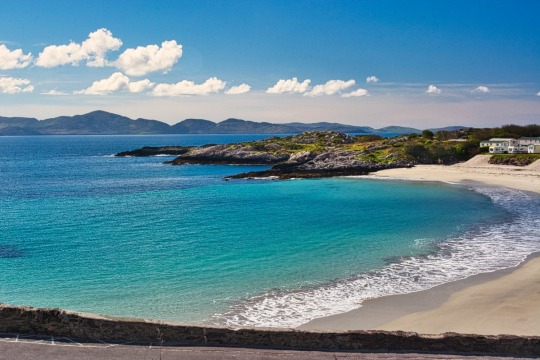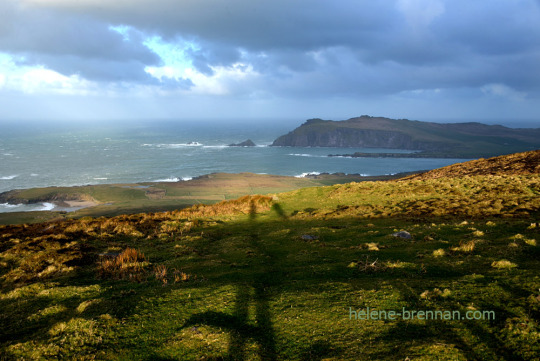#dunquin
Explore tagged Tumblr posts
Text

Dunquin Harbour - Kerry - Ireland
(merci Cédric !)
168 notes
·
View notes
Text
#OTD in 1873 – Birth of Blasket Island storyteller, Peig Sayers, in Dunquin, Co Kerry.
Born Máiréad Sayers in the townland of Vicarstown, Dunquinn, Co Kerry, the youngest child of the family. She was called Peig after her mother, Margaret “Peig” Brosnan, from Castleisland. Her father Tomás Sayers was a renowned storyteller who passed on many of his tales to Peig. At age 12, she was taken out of school and went to work as a servant for the Curran family in the nearby town of Dingle,…

View On WordPress
#Blasket Island#Blasket Islands#Co. Kerry#Dunquin#Pádraig Ó Guithín#Peig#Peig Sayers#Seán Ó Súilleabháin
8 notes
·
View notes
Text

By Pascal Bullan
#aesthetic#photography#unsplash#europe#Ireland#Irland#county kerry#Ballyickeen Commons#Dunquin Pier#Cé Dhún Chaoin#coast#shore
5 notes
·
View notes
Text

Cé Dhún Chaoin aka Dunquin Pier, Dingle Peninsula, County Kerry, Ireland.
1 note
·
View note
Text
Cottage, near Dunquin, Dingle Peninsula, Co Kerry, Ireland

43 notes
·
View notes
Text

Cottage, near Dunquin, Dingle peninsula, Co Kerry, Ireland
21 notes
·
View notes
Photo

Pentti Sammallahti. Dunquin, Co. Kerry, 1979.
57 notes
·
View notes
Text

Dunquin pier in Kerry hope to be back their soon
2 notes
·
View notes
Text
#OTD in Irish History | 19 April:
1366 – The parliament, alarmed at the apparent undermining by native influences of the settler population’s Englishness, passed the ‘Statutes of Kilkenny’. 1608 – O’Doherty’s Rebellion was launched by the Burning of Derry. 1780 – Henry Grattan moves resolutions in favour of legislative independence in the Irish House of Commons. 1798 – The Earl of Clare began a 3-day visit to Trinity College,…

View On WordPress
#irelandinspires#irishhistory#OTD#1798 United Irishmen Rebellion#19 April#Bloody Sunday#Co. Kerry#Coumeenole Beach#Dunquin#History#History of Ireland#Ireland#Irish Civil War#Irish History#Lord Widgery Report#Photo credit: Michael Corcoran#Statute of Kilkenny#Today in Irish History
6 notes
·
View notes
Text
The Moon is Earth’s companion and an iconic sight in the night sky. Not surprisingly, our satellite is often used by photographers as a subject in its own right, but also as a way of adding to – and even illuminating – landscapes here on Earth.
Phases of the Moon
Moon orbits our planet every 29.5 days during which it displays different phases as the Sun’s illumination of it changes from our point of view:
Day 1: New Moon: when it passes between the Earth and Sun (so invisible to us).
Days 8: First Quarter Moon: when it’s half-lit and ‘waxing’ (growing).
Days 15: Full Moon: when the Earth is between the Sun and the Moon (so it’s 100% illuminated by the Sun from our point of view).
Days 22: Last Quarter Moon: when it’s half-lit and ‘waning’ (shrinking).
The Moon rises on average 45 minutes later each day. In the week before a Full Moon you can look for it in a daytime sky in the east during the afternoon, and the week after a Full Moon, a daytime Moon can be seen in the west in the morning.

A lunar phase or phase of the moon
When the Moon is full it’s extraordinarily bright and difficult to photograph except for at moonrise and moonset, when it’s close to the horizon. During these times it’s a lot less bright and shows a pale orangey-yellow colour. The physics is the same as for a sunset; Earth’s atmosphere is densest near the surface, so if you view the Sun or Moon through it their blue light (short wavelengths of light so easily absorbed) is scattered, which results in a reddish hue (longer wavelengths so less early absorbed).
Shooting a Full Moon

A red 'Harvest Moon' rises through a drift of clouds on a September evening.
Although moonrise is the most convenient time to capture a Full Moon, it looks almost identical as it sinks towards the western horizon around sunrise the previous or following morning. Either way, you get to see and photograph a Full Moon in a twilight sky, which means you can capture it in the context of a landscape. Plus, both moonrise and moonset near a Full Moon appear during the ‘golden hour’ when the sky’s colours are rich and contrasty.
Finding moonshine

Moonshine at Dunquin Pier, Ireland at midnight in July.
Get in position beside a body of water just before the Moon is due to rise in the east (or set in the west) on the date of the Full Moon. That way, if the water is still at the right time, you may be able to catch a perfect reflection of the orangey full Moon. You only have a few minutes to capture it when it’s very close to the horizon. The Moon rises and sinks faster than you think.
Capturing ‘Earthshine’

A young crescent Moon and the planet Venus.
For a few days before New Moon a beautiful crescent Moon is visible in the east in the pre-dawn morning sky, and for a few nights after the New Moon a crescent Moon is visible in the post-sunset western sky.
Waiting for a ‘Blood Moon’ eclipse
A total lunar eclipse (also called a ‘Blood Moon’) occurs when Earth gets precisely between the Sun and the Moon. That can only happen during a Full Moon. During the middle of the event, which usually lasts for a few hours, the Moon enters Earth’s shadow in space and turns a pinkish-copper-reddish colour. That’s called totality.

Total Supermoon lunar eclipse, also known as a Blood Moon.
A ‘Blood Moon’ is arguably the very best time to take a photograph of the Moon, but only those on the night side of Earth sees any specific total lunar eclipse. The next one on May 26, 2021 is observable from eastern Asia, Australia, North America and South America. There’s a partial lunar eclipse – during which most, but not all of the Moon will turn reddish – on 18 November, 2021 for those in Western Europe, North America, South America, Eastern Asia and Australia.

6K notes
·
View notes
Text
Best Places for 2 Weeks in Ireland
What are the best places to see in Ireland if you only have two weeks of vacation or less? #Ireland #travel #photography #wanderlust #travelblogger #traveltuesday #travelgram
Author & Photographer: George Mitchell George’s Bio Our recommendations are not influenced by affiliate links – we have none. Our content and advice is derived from our personal experience, and knowledge based on living in Europe for seven years. What can you see in 2 Weeks in Ireland? Dunquin View, Slea Head Drive, Dingle Peninsula We lived in Europe for 7 years and usually had 5 week…

View On WordPress
0 notes
Text

"Famine roads along the hills above Dunquin, on the western end of the Dingle Peninsula, viewed from the Blasket Sound."
0 notes
Text



#ireland#wild atlantic way#dunquin#county kerry#gaeltacht#gaeilge#my photos#photography#canon eos#canon photography#canon#canon photos#canon dslr#staycation#coastal#atlantic ocean#water#cliffs#dingle peninsula
41 notes
·
View notes
Photo

Pentti Sammallahti. John Kearney, Dunquin, Co. Kerry, 1979.
36 notes
·
View notes
Text
THE VILLAGE THAT WAS...
THE VILLAGE THAT WAS…
Walking up Cruach Mharhain, from Dunquin, on the Dingle Peninsula, in County Kerry. The weather was particularly dull for the most part, and many of these photos needed some help in showing a bit of colour. The Islands here are the Blasket Islands. The largest one, on the left, was once the home of 150 or more remarkable people, the most westerly community in Europe, until about 1953. Head…

View On WordPress
#blasket islands#Dingle Photos#dunquin#Ireland#landscape photos#Photography#Ryan&039;s Daughter#Sybil Head#tourism#travel#West Kerry#Wild Atlantic Way
1 note
·
View note
Photo

By Daniel Stockman
Dunquin, County Kerry, Ireland
#curators on tumblr#travel#nature#landscape#ireland#europe#northwestern europe#dunquin#county kerry#dingle peninsula#daniel stockman
20 notes
·
View notes